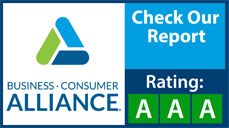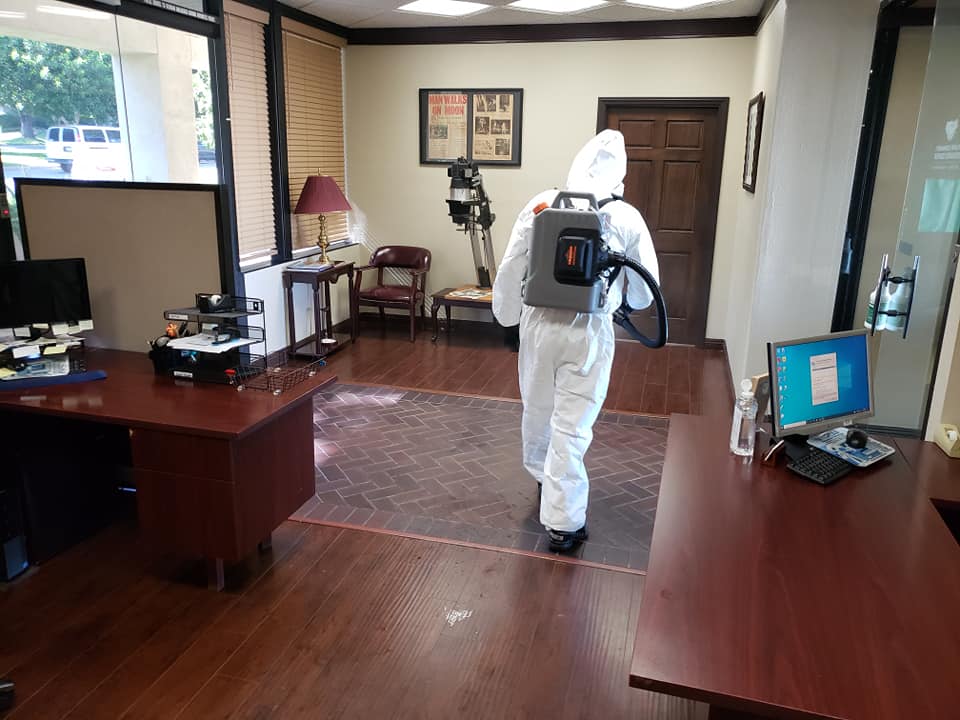As more and more states beGIN to ease restrictions and open back up, health experts warn of a resurgence of COVID-19 cases — a so-called second wave. Whether that wave comes during the summer, in the middle of fall, or at some point in winter is tough to predict, but in the absence of a widely available COVID-19 vaccine, those who study pandemics for a living have stated repeatedly that it may be inevitable.
Clearly, that poses a number of concerns not just from a health perspective, but from a financial one, too. Since mid-March, millions of Americans have lost their jobs and unemployment rates have reached record highs. Meanwhile, countless small businesses risk never managing to reopen due to having been shut down for the better part of the past few months.
Plus, mid-March saw the first stock market tumble into bear market territory in over a decade. And while the market has already recovered some of those losses, if a second large influx of cases hits, we could see a crash that’s just as bad — if not worse — than what we experienced in March.
If you’re worried about a second wave of COVID-19, there are a few steps you can take to protect yourself financially. Here are a few to focus on.
1. Make sure you have a fully loaded emergency fund
Under normal circumstances, it’s wise to have enough money in savings to pay for three to six months of living expenses. But these aren’t normal circumstances, and so it pays to aim for that six-month mark – or higher, if you’re worried about your job. Having that money available will help you avoid resorting to debt if your income takes a hit during a second COVID-19 wave. It will also help you avoid the temptation to tap your retirement plan prematurely, which may not hurt you immediately, but could have huge repercussions later in life.
2. Secure a home equity line of credit
If your income takes a hit during a second wave of COVID-19, you may need to borrow money to stay afloat. And while you could borrow from your 401(k) plan, doing so is a risky proposition — namely because if you fail to repay your loan on time, you could face huge penalties on the amount you borrow. As such, it pays to apply for a home equity line of credit (HELOC) if you’re a homeowner. With a HELOC, you don’t borrow money right away; you simply secure a line of credit you can draw from as needed. That way, you’re not paying interest on money you don’t require right away.
3. Boost your IRA or 401(k) contributions if you’re saving money right now
Though many Americans have been struggling with income loss during the pandemic, others have actually benefited financially from the stay-at-home orders that were put in place months back. If you’re still not commuting to work or spending money on entertainment outside the home, you may have a solid opportunity to increase your retirement plan contributions. And that can help you in a couple of ways. First, if you’re saving in a traditional IRA or 401(k), as opposed to a Roth, ramping up your contributions will lower your tax burden for 2020, saving you some money that way. Secondly, if your income takes a dive later on in the year, you may not be able to fund your retirement plan at that point, so boosting your contributions now will take the pressure off.
Hope for the best, but plan for the worst
It’s too soon to tell how the COVID-19 outbreak will play out. Scientists are working furiously to develop therapies that improve COVID-19 outcomes or, better yet, prevent infection altogether. But until that happens, we all have to brace for the possibility of a second wave of the pandemic — and do our best to protect ourselves financially in light of it.







